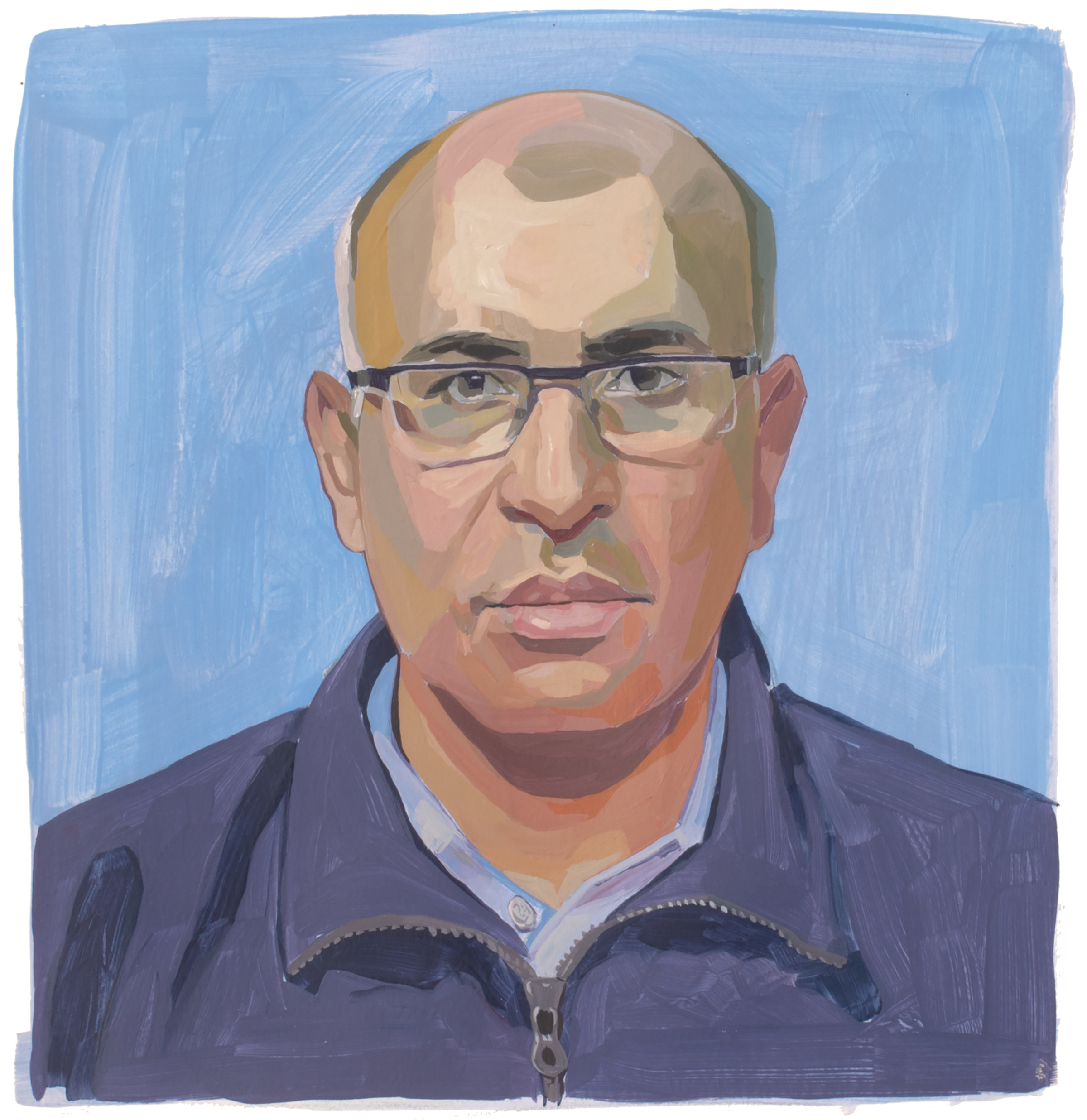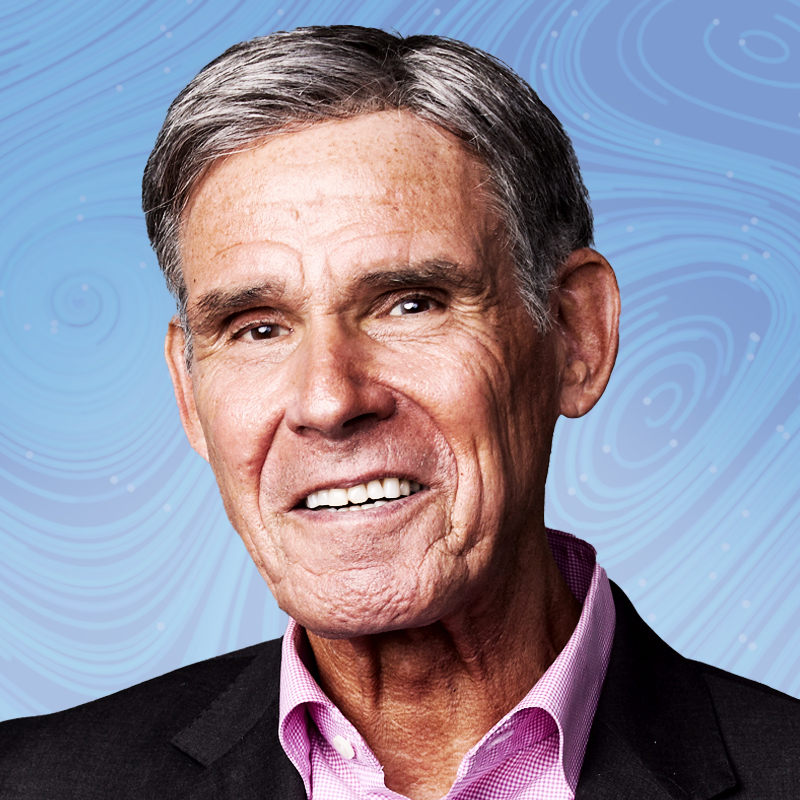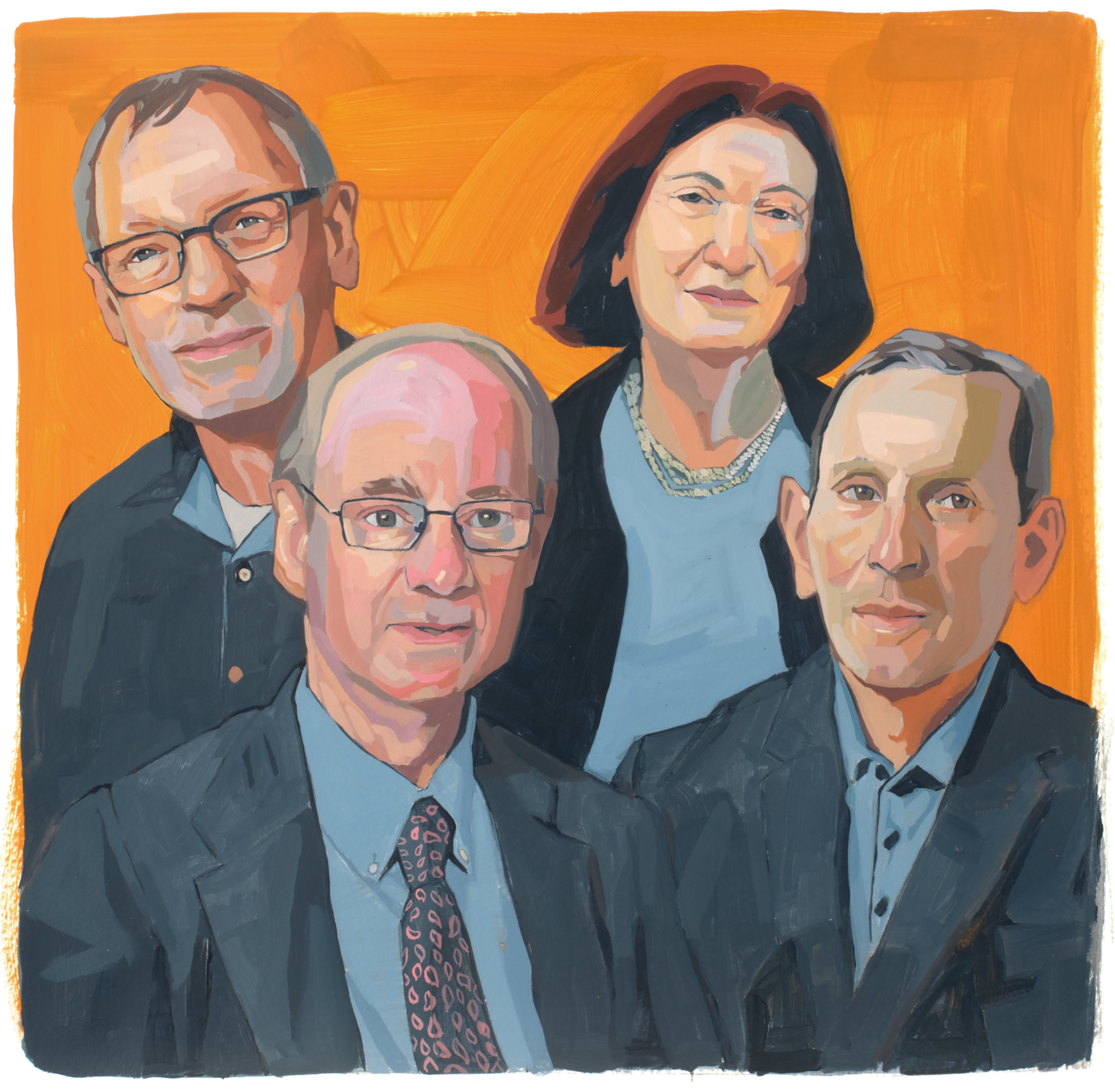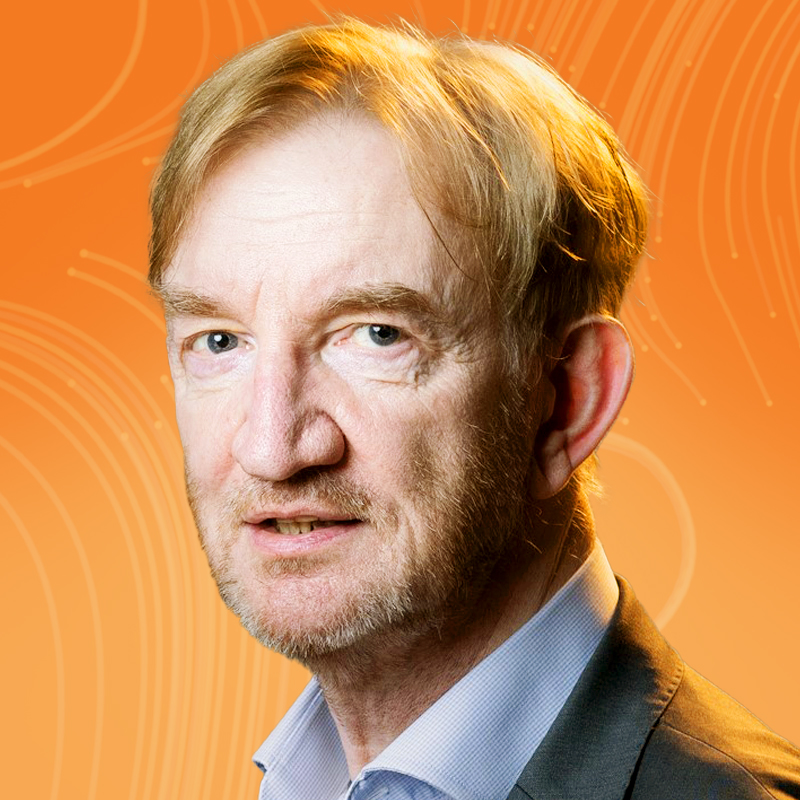It’s easier than it ought to be to publish lousy science. With an estimated 30,000 research journals worldwide publishing 2 million papers each year, some rubbish is bound to slip through. But Sholto David, 32, is not about to take that sitting down. A microbiologist and increasingly celebrated blogger, David has spent much of his time in the past five years scouring journal articles for mathematical and statistical errors, sloppy or manipulated images, and, on occasion, downright fraud. He spots manipulated or duplicated images using both the naked eye and the AI system ImageTwin, and posts much of what he finds on the sites PubPeer and For Better Science.
By his own estimates he’s posted entries on more than 2,000 flawed studies since he finished his education at Newcastle University in 2019. This year, he alleged mistakes or image manipulation in dozens of past studies by researchers with the Dana-Farber Cancer Institute; since then, seven Dana-Farber studies have been retracted. His sleuthing resulted in four retractions for Columbia University cancer surgeons in March.
David calls at least some of that manipulation deliberate, but in other studies about which he’s posted—both involving imagery and text—he sees more benign problems.
“In many cases, it’s simple error rather than fraud,” he says. “But there’s no bright dividing line. Science isn’t about being perfect. But then you’ve got someone with loads of papers filled with simple mistakes, and you think that’s crossed the line into utter carelessness.” In the Dana-Farber case, for example, David points to images of protein bands that he says were copied and pasted from different time points in a study or misleadingly Photoshopped, including some in a study involving immune-system cells and multiple myeloma.
The danger is not merely that the public and the medical community lose faith in the integrity of published studies—though that can certainly happen—but that patient care might actually be affected if treatment recommendations are based on erroneous data.
More Must-Reads from TIME
- Why Biden Dropped Out
- Ukraine’s Plan to Survive Trump
- The Rise of a New Kind of Parenting Guru
- The Chaos and Commotion of the RNC in Photos
- Why We All Have a Stake in Twisters’ Success
- 8 Eating Habits That Actually Improve Your Sleep
- Welcome to the Noah Lyles Olympics
- Get Our Paris Olympics Newsletter in Your Inbox
Write to Jeffrey Kluger at jeffrey.kluger@time.com





